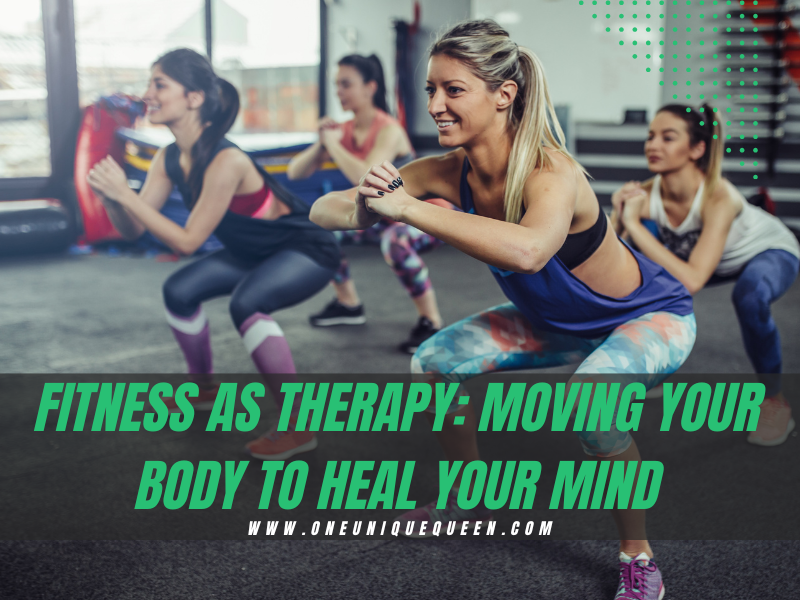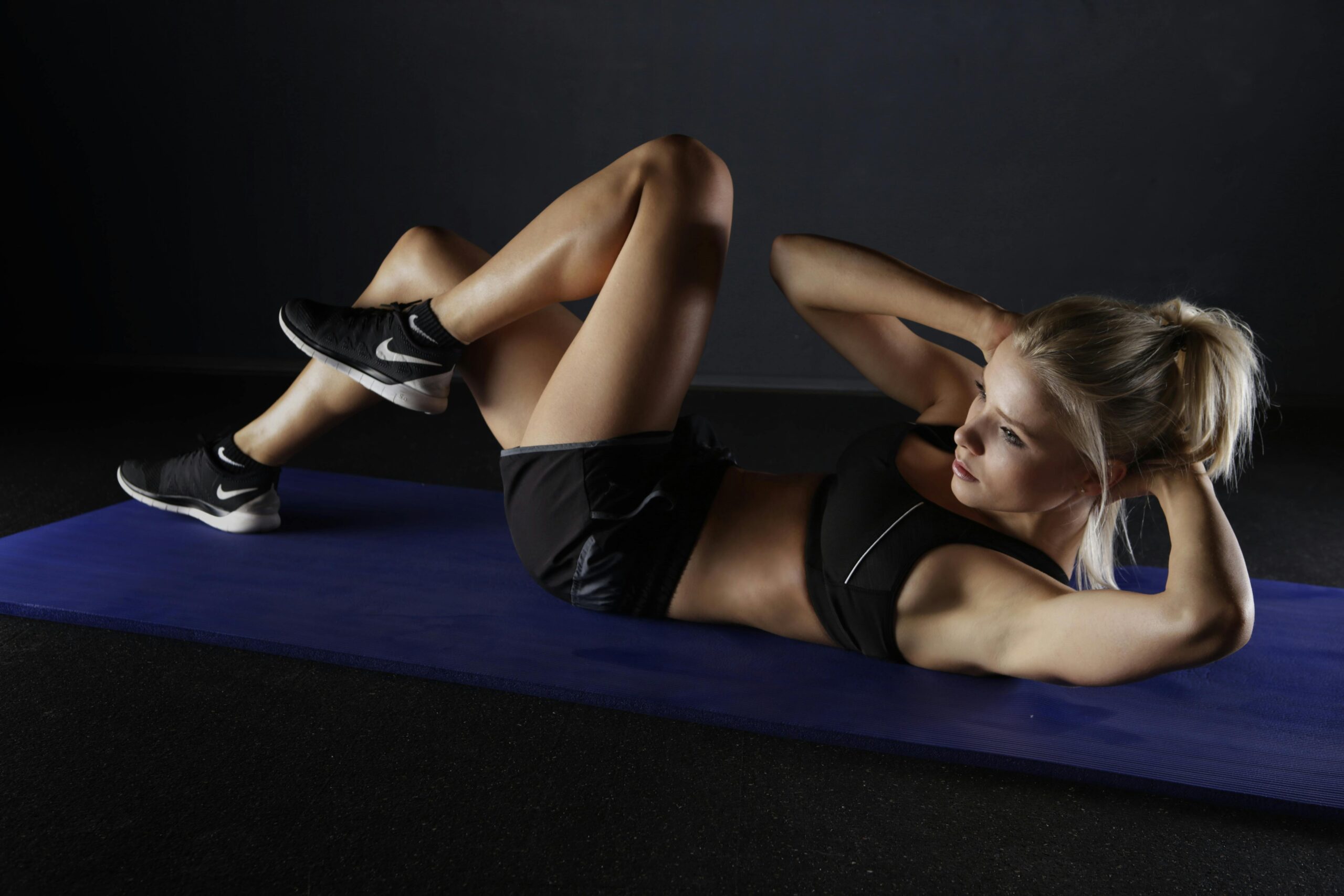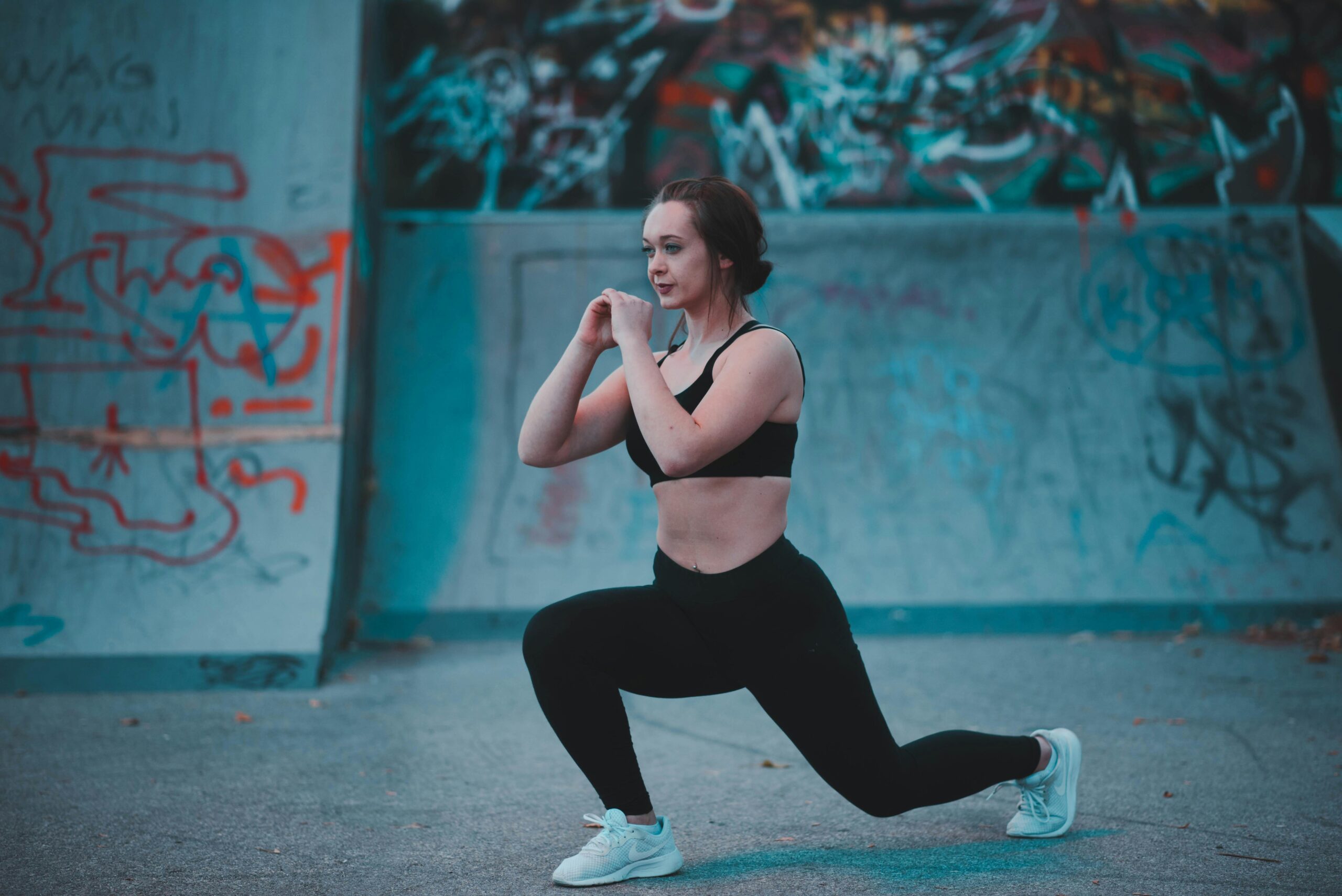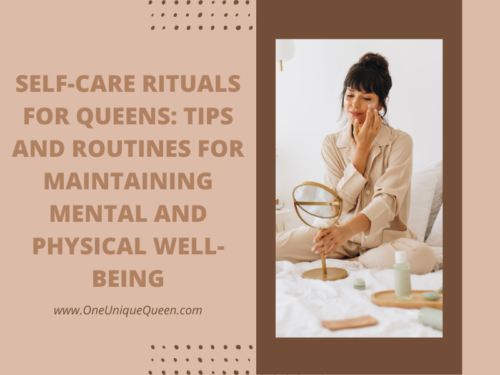

 Let’s face it. Life can be… a lot. Stress piles up, emotions run wild, and before you know it, your mind feels like a tangled mess of to-do lists and existential dread. Sound familiar? Here’s the good news: moving your body—really moving it—might just be the magic key to untangling that mess. Fitness isn’t just about six-packs and marathons anymore; it’s also about healing. Healing your mind, your heart, your soul.
Let’s face it. Life can be… a lot. Stress piles up, emotions run wild, and before you know it, your mind feels like a tangled mess of to-do lists and existential dread. Sound familiar? Here’s the good news: moving your body—really moving it—might just be the magic key to untangling that mess. Fitness isn’t just about six-packs and marathons anymore; it’s also about healing. Healing your mind, your heart, your soul.
What’s cool is that science backs this up. Exercise does some fascinating things to your brain, like flipping on a “feel-good” switch that can make even the gloomiest days seem a little brighter. But it’s not just about the science. It’s about finding something that feels good for you, something that helps you reconnect with yourself when life pulls you in a million directions.
 In this blog post, we will dig deep into how fitness can be a form of therapy, not just for your body but for your mind too.
In this blog post, we will dig deep into how fitness can be a form of therapy, not just for your body but for your mind too.
The Science Behind Fitness And Mental Health
Okay, we all know exercise can boost your mood. That’s old news. What you might not know is how deep this connection really goes. Your brain is basically having a party every time you move your body.
Here’s the thing: when you exercise, your brain releases these things called endorphins. They’re these tiny little things hyping you up, making you feel happy and calm. But that’s just the start. Exercise also helps your brain grow new cells (fancy word: neurogenesis).
Even inflammation, which is tied to all kinds of mental health stuff like depression and anxiety, gets dialed down when you work out. It’s crazy to imagine. But your brain literally works better after a good sweat. Think of it like a reboot.
Cardio, Weights, Or Stretching? What Works For You?
The best part about using fitness as therapy? You’ve got options. Lots of them. Not every workout is going to hit the same for every person, so you get to play around and figure out what clicks for you.
Cardio
Running, biking, swimming—anything that gets your heart racing—can help knock anxiety and depression on their butts. Ever heard of a “runner’s high”? It’s real, and it’s not just for marathon runners. That steady rhythm, the sweat, the breathlessness—it’s like meditating, but louder.
Strength Training
Lifting weights isn’t just about building muscles. It’s about building confidence. There’s something powerful about picking up something heavy and putting it down again. It reminds you that you’re capable. Strong. Plus, strength training has been shown to reduce symptoms of depression, which is pretty amazing.
Yoga And The Mind-Body Stuff
Yoga, tai chi, Pilates—these are the slow, intentional movements that help quiet the noise in your head. They teach you to breathe, to focus, to be present. Yoga’s especially great if you’re carrying around trauma or stress that feels stuck in your body.
Team Sports
Not into solo workouts? Team sports combine exercise with social time, and that’s a double win. Humans aren’t meant to go through life alone. A group of people cheering you on as you kick a ball around? That’s therapy, too.
 It’s Not About Being Perfect
It’s Not About Being Perfect
Let’s get this straight. Fitness as therapy isn’t about following some strict, Instagram-worthy workout plan. No one’s saying you need to be the next CrossFit champion or spend hours at the gym every day.
It’s about starting. Maybe it’s just walking around the block after dinner. Maybe it’s a 15-minute stretch on your bedroom floor. The point is to move. Move with intention. Move because it makes you feel a little lighter, a little freer, a little more you.
And yes, there will be days when it feels impossible. Days when just getting out of bed feels like climbing Everest. That’s okay. Those are the days when five minutes of stretching or one song’s worth of dancing in your kitchen can be enough. Baby steps count.
Pair It With Other Healing Tools
Exercise is awesome, but it’s not a magic cure-all. Sometimes, you need a little extra help. Therapy. Medicine. Talking things out with someone who gets it. Fitness works best when it’s part of a bigger toolkit for your mental health.
Let’s say you’ve been through something major—like an accident that left you shaken up in more ways than one. Maybe you’re dealing with physical pain, emotional scars, and a pile of medical bills that make you want to scream. That’s heavy stuff. It’s the kind of thing that might have you consulting with a McAllen personal injury lawyer to sort out the legal side of things while you work on getting your mind and body back to a good place.
Fitness can be a part of that healing process. It can help you reconnect with your body in a positive way when it feels like everything else is out of your control.
Barriers To Using Fitness As Therapy (And How To Overcome Them)
Let’s be honest with ourselves for just a moment. Getting started with fitness—especially when you’re using it to heal—isn’t always easy. Life throws up roadblocks. Lack of motivation, physical pain, no time, feeling too overwhelmed to even take the first first.
 Motivation Is A Liar
Motivation Is A Liar
Waiting to “feel motivated” is like waiting for it to stop raining in the middle of monsoon season. Sometimes, you just have to move, even when you don’t feel like it. Start small. A walk. A stretch. One push-up. You’d be surprised how often action comes before motivation.
Pain Or Injuries? Work Around It.
Got bad knees? A stiff back? Chronic pain? Don’t write off exercise just yet. There are ways to move that won’t make things worse. Talk to a doctor, physical therapist, or even a trainer who knows their stuff. Find something that works with your body, not against it.
Time Is Tight, But So Are You
You don’t need an hour a day to reap the benefits of exercise. Squeeze it in wherever you can. Five minutes of stretching while your coffee brews. A quick set of squats while you’re brushing your teeth. Movement is movement.
Tips For Getting Started Without Overthinking It
Do What You Love
Hate running? Don’t run. Love dancing? Turn up the music and go wild. Fitness should feel like freedom, not a chore. When you do something you enjoy, it becomes less about “working out” and more about finding joy in movement. Bonus: you’ll stick with it longer because it actually makes you happy.
Set The Bar Low
Don’t overcomplicate this. Start small. One lap around the block. Ten minutes of stretching. Small steps add up over time, even if they feel insignificant in the moment. The trick is consistency—doing a little every day is better than doing a lot once in a blue moon.
Find A Buddy
Everything’s easier with a friend. Whether it’s a workout class or a hiking date, having someone else involved can make it more fun. Plus, having someone to keep you accountable can be a game-changer when your motivation wanes. It doesn’t have to be serious—laughing with a friend during a walk is still movement.
Go Outside
Fresh air + movement = mental magic. Seriously, try it. Even if it’s just a quick walk in the park. Being in nature has been shown to lower stress and boost mood, so you’re getting a double dose of therapy. Take it slow and let the sounds, smells, and sights around you remind you to breathe and be present.
In conclusion, fitness as therapy isn’t a quick fix. It’s not a one-and-done solution. It’s a practice, a habit, a way of showing up for yourself over and over again. Some days, it’ll feel amazing. Other days, it’ll feel hard—like really, really hard. But every single step—literal or metaphorical—adds up.










COMMENTS MAKE ME HAPPY!